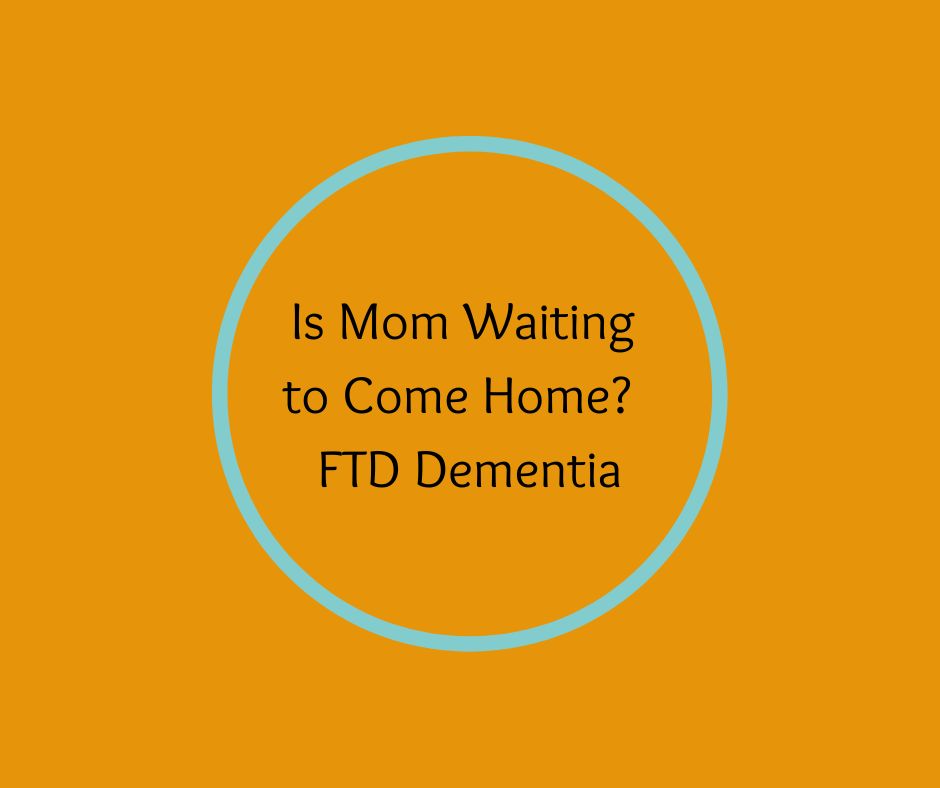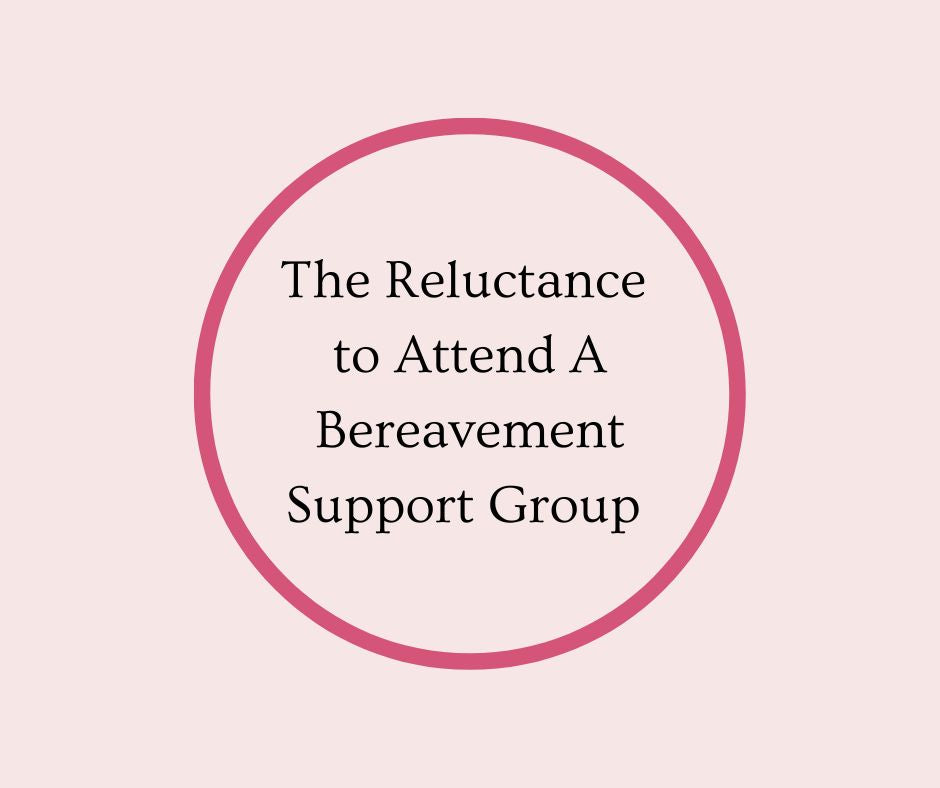Dear Barbara, Some seniors seem to respond well to baby-talk. Some absolutely hate it. How do you know when to use baby-talk and when not to?
When to use baby-talk while providing adult end of life care? NEVER. I find it hard to imagine anyone "liking" to be talked to as if they were a child. As end of life professionals we have to carefully walk a line. We are in the tenuous position of caring intimately for adult strangers who often do act as children. Here are some of the guidelines I follow to help me address this challenge.
Baby-talking to an adult, no matter the age or mental condition, can be perceived as disrespectful. Use the adage: “When in doubt: don’t.” No matter a person’s physical or mental condition we need to interact with them with dignity. Baby-talk lacks dignity. Along this same line, consider the importance of displaying courtesy and recognizing patient/caregiver boundaries.
My internal guidance tells me to treat all of my patients and their families in the same manner I would want to be treated if the situation were reversed. Tone of voice, rough touch, external conversation beyond the patient (as if they were not there), impatience, hurriedness, and aloofness all negatively affect the dignity of a person.
I saw a nurse walk into my mother’s room, give her a hug, and say, “Aren’t you the cutest thing I’ve ever seen?” It was insincere. She had never met my mother, did not respect her boundaries, and was speaking “down” to her. Our goal is to establish a trusting relationship with patients and their families. How can we do that if it starts out on false premises?
There is difficulty in building relationships quickly. I find it hard to believe that baby-talk is enjoyed by the caregiver let alone the patient. Maybe it is thought to be a shortcut to create intimacy with a patient, but is it?
It is extremely important to remember boundaries and to keep patient dignity intact. “Do no harm” applies to everyone in the medical profession, actually to everyone in life, and we are doing harm when we are less than respectful when providing care.
Something More about... Using "Baby Talk" with End of Life Patients
For another blog post on the subject of respect for our patients, read Respect! When Caring for the Elderly.
For education on caring for a loved one facing end of life look at The End of Life Guideline Series








6 comments
Tracy Beltran
My mom has dementia and sometimes I feel like it’s a fake but sometimes I think that’s my way of coping with it . Because I’ve never had to deal with it before my mom she has lived with me now about 2yrs . And I find myself getting frustrated and then getting upset at myself for being frustrated it’s been an emotional roller coaster and she is getting worse like baby talking and jibbering and sometimes not talking at all . I love her so much and I can stand the thought that one day I may have to put her in a home .please any info you can offer would help
———
BK Books replied:
Hi Tracy, I only have knowledge regarding dementia at end of life. You really need support now during your mom’s progress toward end of life. Check out www.teepasnow.com 4. You may find guidance there. Also Google your community resources for a support group with others who are having the same challenges you are. Blessings to you and your mom. Barbara
My mom has dementia and sometimes I feel like it’s a fake but sometimes I think that’s my way of coping with it . Because I’ve never had to deal with it before my mom she has lived with me now about 2yrs . And I find myself getting frustrated and then getting upset at myself for being frustrated it’s been an emotional roller coaster and she is getting worse like baby talking and jibbering and sometimes not talking at all . I love her so much and I can stand the thought that one day I may have to put her in a home .please any info you can offer would help
———
BK Books replied:
Hi Tracy, I only have knowledge regarding dementia at end of life. You really need support now during your mom’s progress toward end of life. Check out www.teepasnow.com 4. You may find guidance there. Also Google your community resources for a support group with others who are having the same challenges you are. Blessings to you and your mom. Barbara
Kimberly Nesteruk
When I worked in a nursing home with the dementia patients, there was one lady who was very affected by dementia and she only spoke in baby talk herself. I found myself responding to her in the same tone of voice I would use with a child, but using regular “adult” words- for example, when she needed to go to the bathroom I would ask her if she needed to go to the bathroom, not “the potty” or any other child’s words for the bathroom. But I would use a “baby” tone of voice, because asking in an adult tone seemed cold and abrupt. I thought I was doing the right thing in using a “baby” tone of voice because I was following her lead. What should I have done in this situation?
———
BK Books replied:
Hi Kimberly, I’m not sure what “baby tone” is. If it is soft and gentle, sweet and kind then I’m sure it was comforting. What we do, is meet a person where they are with respect and dignity. You are right, tone of voice does have an effect on how people relate to us. How would you like to be spoken to is one of my tools. Blessings to you in the work you are doing. Barbara
When I worked in a nursing home with the dementia patients, there was one lady who was very affected by dementia and she only spoke in baby talk herself. I found myself responding to her in the same tone of voice I would use with a child, but using regular “adult” words- for example, when she needed to go to the bathroom I would ask her if she needed to go to the bathroom, not “the potty” or any other child’s words for the bathroom. But I would use a “baby” tone of voice, because asking in an adult tone seemed cold and abrupt. I thought I was doing the right thing in using a “baby” tone of voice because I was following her lead. What should I have done in this situation?
———
BK Books replied:
Hi Kimberly, I’m not sure what “baby tone” is. If it is soft and gentle, sweet and kind then I’m sure it was comforting. What we do, is meet a person where they are with respect and dignity. You are right, tone of voice does have an effect on how people relate to us. How would you like to be spoken to is one of my tools. Blessings to you in the work you are doing. Barbara
Traci
I think there needs to be a definition of baby talk and cultural norms. You are painting with a broad brush.
———
BK Books replied:
Hi Traci, I think the operative words here are “we are doing harm when we are less than respectful” That really applies to all of what comes out of our mouths or through our pens. Blessings! Barbara
I think there needs to be a definition of baby talk and cultural norms. You are painting with a broad brush.
———
BK Books replied:
Hi Traci, I think the operative words here are “we are doing harm when we are less than respectful” That really applies to all of what comes out of our mouths or through our pens. Blessings! Barbara
Morris
I would add at least in my opinion, leave out the terms, “honey, sweetie, sugar” etc. ; call your care receiver by their name.
———
BK Books replied:
Morris, absolutely!! Thank you for pointing that out. Blessings! Barbara
I would add at least in my opinion, leave out the terms, “honey, sweetie, sugar” etc. ; call your care receiver by their name.
———
BK Books replied:
Morris, absolutely!! Thank you for pointing that out. Blessings! Barbara
Kari
Yes, thank you!! I have worked in end of life for several years, both in clinics, in a hospital, and in private practice, and it has always bothered me the way some professional caregivers use “baby talk” with elderly patients, even those not at the end of life. When my own mother was dying in the hospital, she would get very angry with RNs and nurse aides who would talk to her like she was a child and I would have to intervene and ask them to change their tone (she was unable to speak). Thank you for talking about this important topic!
———
BK Books replied:
Hi Kari, it is so condescending to talk “baby talk” to an adult no matter their body or mental situation. Blessings to you in the work you are doing. Barbara
Yes, thank you!! I have worked in end of life for several years, both in clinics, in a hospital, and in private practice, and it has always bothered me the way some professional caregivers use “baby talk” with elderly patients, even those not at the end of life. When my own mother was dying in the hospital, she would get very angry with RNs and nurse aides who would talk to her like she was a child and I would have to intervene and ask them to change their tone (she was unable to speak). Thank you for talking about this important topic!
———
BK Books replied:
Hi Kari, it is so condescending to talk “baby talk” to an adult no matter their body or mental situation. Blessings to you in the work you are doing. Barbara
Lolita Silicani
Dear Barbara,
Seems I learn something new every time I read your blogs/postings. I myself would never use baby talk, but was aware that others use it. Good to know to NEVER use it!
As always, thank YOU for your insights.
Happy Holidays,
Lolita :)
———
BK Books replied:
Hi Lolita, I know, talking baby talk is something we don’t think about but when we do we see how inappropriate it is. Blessings! Barbara
Dear Barbara,
Seems I learn something new every time I read your blogs/postings. I myself would never use baby talk, but was aware that others use it. Good to know to NEVER use it!
As always, thank YOU for your insights.
Happy Holidays,
Lolita :)
———
BK Books replied:
Hi Lolita, I know, talking baby talk is something we don’t think about but when we do we see how inappropriate it is. Blessings! Barbara